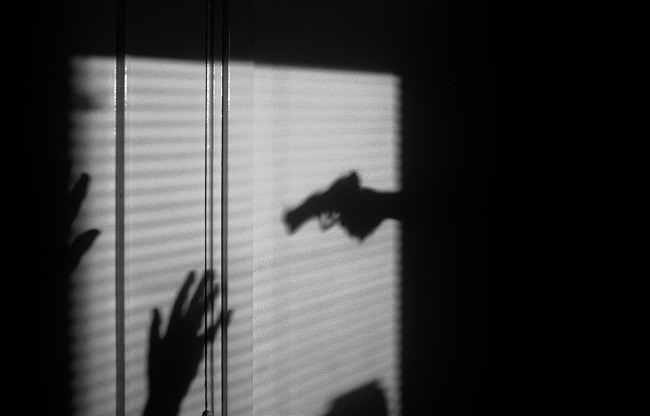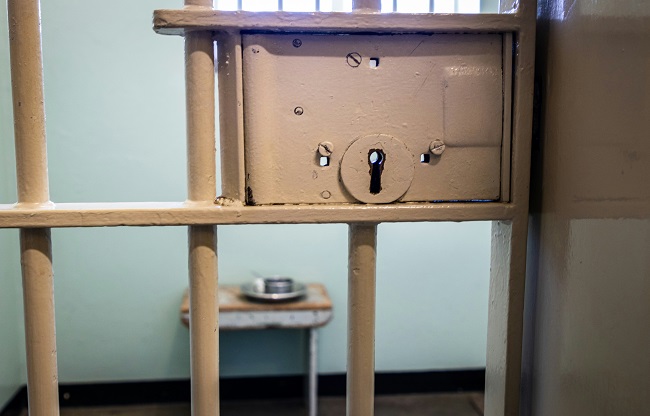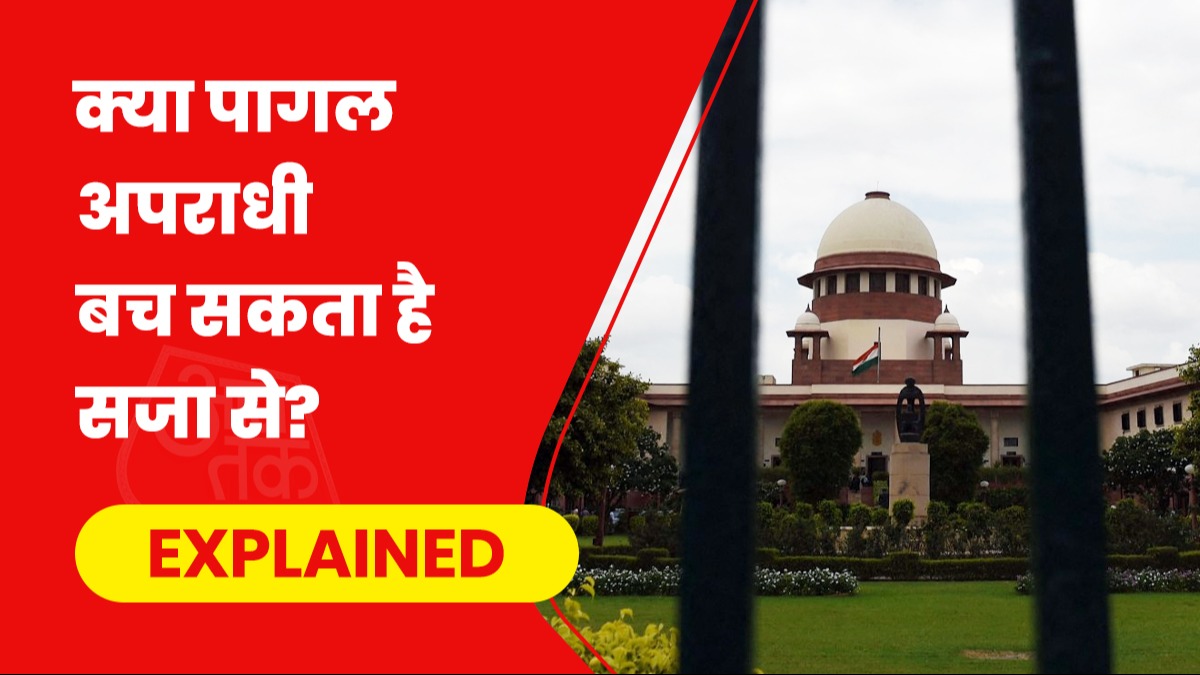India has seen heinous crimes where accused suddenly claim mental illness. Families and lawyers might join this ruse, hoping it'll lead to a lighter sentence. Discover how the police and courts deal with those pleading insanity.
The Badaun Saga: A Timeline of Events
In Badaun, Uttar Pradesh, post a hideous double murder, new details are emerging. The lead suspect, Sajid, allegedly attacked three minors with a razor and fled. He was later killed in a police encounter, with his family claiming mental instability. As the investigation unfolds, the reliance on a mental illness defense is not new to crime history.

Source: aajtak
What Indian Laws Say
Judicial systems worldwide recognize that individuals with mental illnesses should face milder penalties due to their lack of awareness of the severity of their actions. Indian law, under the IPC of 1860, has shown leniency in penalizing mentally challenged convicts.
Capital Punishment and Mental Illness
In 2019, the Supreme Court ruled that even in extreme criminal cases, capital punishment is not applicable for the mentally ill. Should the convict's mental health deteriorate post-sentencing, the death penalty is revoked. There is emphasis on understanding the convict's awareness, or lack thereof, regarding the nature of the punishment.
Can Insanity be a Get-Out-of-Jail-Free Card?
To explore this, we spoke with
Advocate Manish Bhadauria
from the Delhi High Court.
He says, 'The accused has every right to a defense. The current Badaun case sees the second suspect blaming his deceased brother while also playing the insanity card, a tactic that could backfire.

Source: aajtak
If he was aware of his brother's unsound state, he had a guardian's duty to remain present and prevent any harmful actions. However, he fled the scene. Another point to consider: a mentally unstable person is first likely to harm themselves before others—facts indicating a common intention behind the crime seem evident. Establishing insanity is complex and verified through medical examinations and expert analysis to ascertain mental imbalance.

Source: aajtak
The Fate of a Mentally Ill Convict
A proven insane convict isn't merely released but their circumstances are evaluated. If found to have committed a crime in response to provocation, they may not be sentenced but mandated for treatment. In scenarios where the crime is unprovoked, they'll be detained, treated, and once stable, possibly sentenced without leniency.




